
Concepts of Modern Physics
An Introduction to the Latest Developments in Physics
Author: Mark Hedges
Narrated by: Aria Montgomery
At a Glance
Digital Audiobook
01:53.07
Published: 14th March 2025
Digital Audiobook
$6.99
or 4 interest-free payments of $1.75 with
Instant Digital Delivery to your Booktopia Reader App
Listen on
Modern physics is the study of the fundamental principles that govern the universe, focusing on concepts that emerged in the 20th and 21st centuries. Unlike classical physics, which describes motion, forces, and energy using Newtonian mechanics and Maxwell's equations, modern physics delves into the nature of reality at both the smallest and largest scales. It is driven by two major revolutions: relativity and quantum mechanics. These theories challenged classical assumptions, revealing new insights into space, time, and the fundamental particles that make up the universe.
One of the key differences between classical and modern physics lies in their domains of applicability. Classical physics works well for everyday experiences, from planetary motion to the mechanics of machines. However, when dealing with extreme conditions—such as objects moving at speeds close to the speed of light, microscopic particles, or immense gravitational fields—classical theories fail. Modern physics was developed to address these limitations, providing a more complete framework for understanding nature. Albert Einstein's theory of relativity and the development of quantum mechanics by pioneers like Max Planck, Niels Bohr, and Erwin Schrodinger revolutionized scientific thought.
Several key experiments shaped the foundation of modern physics. The Michelson-Morley experiment in 1887 provided strong evidence against the existence of the "luminiferous aether," leading to the development of special relativity. Einstein's 1905 theory redefined space and time, demonstrating that they are not absolute but rather interwoven in a four-dimensional continuum. His general theory of relativity later provided a new understanding of gravity, showing that massive objects warp space-time, a concept confirmed by astronomical observations, such as the bending of starlight during a solar eclipse.
Listen on
ISBN: 9798318202551
Published: 14th March 2025
Format: Digital Audiobook
Language: English
Publisher: Daphne Haydens LLC
Duration: 01:53.07
You Can Find This Audiobook In

DIGITAL AUDIO
Digital Audiobook
$33.99
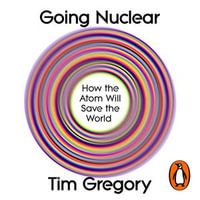
DIGITAL AUDIO
Digital Audiobook
$27.99

DIGITAL AUDIO
Digital Audiobook
$41.99
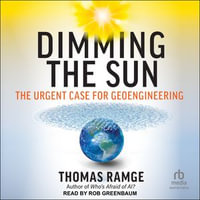
DIGITAL AUDIO
Digital Audiobook
$26.99

DIGITAL AUDIO
$26.99

DIGITAL AUDIO
Digital Audiobook
$38.99
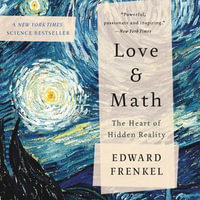
DIGITAL AUDIO
Digital Audiobook
$41.99

DIGITAL AUDIO
$41.99
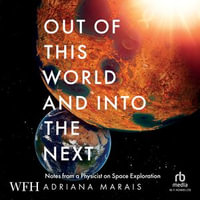
DIGITAL AUDIO
$27.99

DIGITAL AUDIO
$44.99
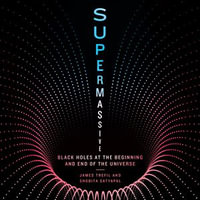
DIGITAL AUDIO
Digital Audiobook
$36.99

DIGITAL AUDIO
Digital Audiobook
$24.99
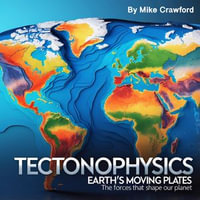
DIGITAL AUDIO
$8.99

DIGITAL AUDIO
Digital Audiobook
$6.99

DIGITAL AUDIO
Digital Audiobook
$6.99
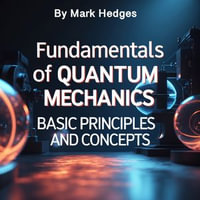
DIGITAL AUDIO
Digital Audiobook
$6.99
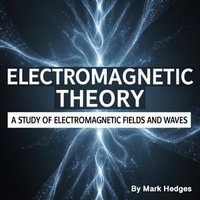
DIGITAL AUDIO
Digital Audiobook
$8.99
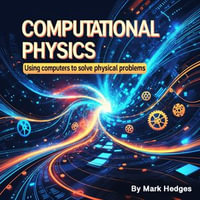
DIGITAL AUDIO
Digital Audiobook
$6.99

DIGITAL AUDIO
Digital Audiobook
$16.99





